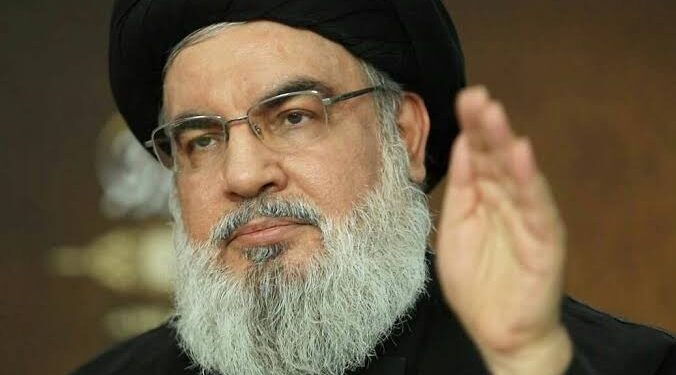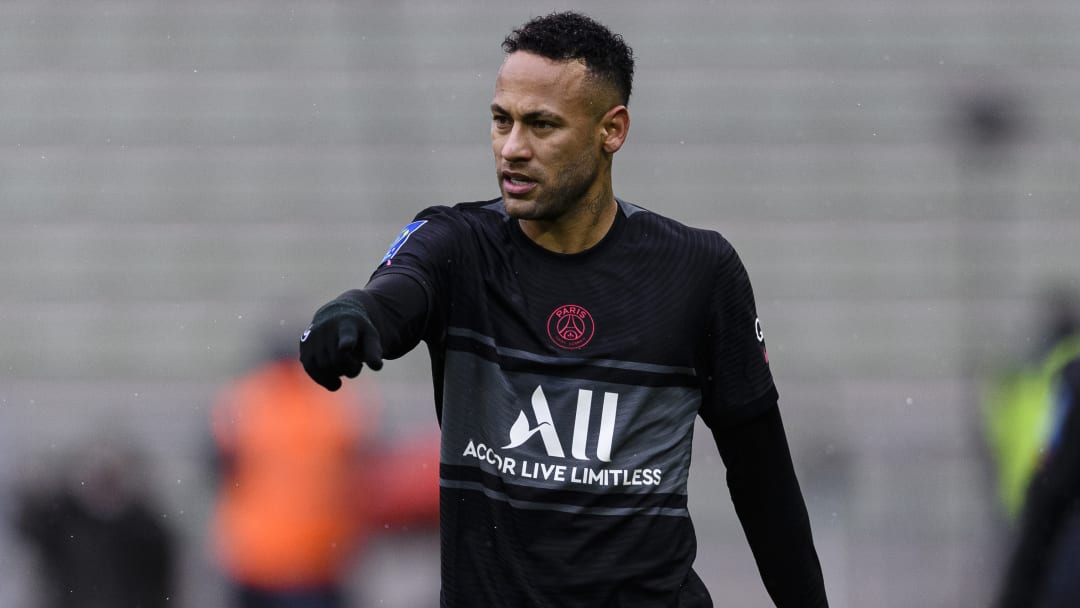Sayyed Hassan Nasrallah, the face of Hezbollah, has been at the helm of this Lebanese militant group for over three decades. His leadership has seen Hezbollah evolve from a fledgling organization into a formidable military force with significant influence across the Middle East, largely thanks to Iran’s unwavering support. This transformation has made him one of the most notable figures in the Arab world, though not without a fair share of controversy.
Recent Israeli Strikes: The Battle Escalates
On a fateful Friday, reports emerged that Hassan Nasrallah was targeted in an Israeli strike that sent shockwaves through Beirut. This attack is just the latest in a series of escalating confrontations that have rattled the group he leads. According to sources familiar with Hezbollah’s inner workings, Nasrallah survived the strike, which hit the group’s stronghold in southern Beirut, although an official comment from Hezbollah is still pending.
To his supporters, Hassan Nasrallah is a hero who stands firm against Israel and defies U.S. dominance in the region. However, his detractors see him as the mastermind of a terrorist organization and a pawn in Iran’s ambitions to extend its influence throughout the Middle East.

A Year of Conflict: The Gaza War’s Ripple Effect
Hezbollah’s involvement in the recent conflict has been hard to ignore. After the outbreak of war in Gaza, Nasrallah and his group entered the fray, firing on Israel in solidarity with their Palestinian counterparts, Hamas. This act of aggression sparked a wave of retaliation that resulted in numerous casualties and intensified tensions across the region. In a speech earlier this year, Nasrallah proclaimed, “We are facing a great battle,” while mourning the loss of Hezbollah’s top military commander, Fuad Shukr, who fell victim to an Israeli attack.
But as the casualties mounted, including many of his own fighters, the tide began to turn against him. Following a particularly devastating Israeli strike on Hezbollah’s communications network, Nasrallah ominously promised retribution. “This is a reckoning that will come,” he declared, although his silence since then raises questions about the group’s strategy moving forward.
The Power of Persuasion: Nasrallah’s Charisma
Despite the mounting challenges, Nasrallah remains a magnetic orator, captivating audiences on both sides of the conflict. His speeches, often delivered while wearing a black turban, symbolizing his descent from the Prophet Muhammad—serve to galvanize his base while issuing carefully calibrated threats to adversaries. Since becoming Hezbollah’s secretary general in 1992 at the tender age of 35, he has shaped the organization’s narrative and strategy, particularly after the group’s decisive victory over Israeli forces in 2000, which ended an 18-year occupation of southern Lebanon.
The Divisive Figure: A Double-Edged Sword
While Nasrallah is celebrated by many for declaring “Divine Victory” in the 2006 war against Israel, he has also become increasingly polarizing. His leadership during Hezbollah’s involvement in the Syrian civil war, ostensibly framed as a fight against extremist groups, has drawn severe criticism. Many accuse him of dragging Lebanon into a regional sectarian conflict, with the financial and political repercussions still haunting the country today.
Critics argue that Hezbollah’s military engagements beyond Lebanon’s borders have alienated traditional allies in the Gulf, exacerbating Lebanon’s economic crisis that culminated in the 2019 financial collapse. Nasrallah’s insistence on supporting the Palestinian cause further complicates Lebanon’s already strained relations with its Arab neighbors.
The Legacy of Conflict: A Dangerous Game
As tensions continue to escalate, particularly following the Hamas attack on Israel on October 7, 2023, Hezbollah finds itself embroiled in its most significant conflict with Israel since 2006.
This new wave of violence has claimed the lives of numerous Hezbollah fighters and commanders. Nasrallah, reflecting on these developments, stated, “We are here paying the price for our front of support for Gaza.”
His personal history adds another discovery to his complex persona. Born and raised in Beirut’s impoverished Karantina district, he witnessed the turmoil of Lebanon’s civil war firsthand. The loss of his teenage son, Hadi, in battle only solidifies his standing within the Shi’ite community, as he carries the weight of familial sacrifice alongside political ambition.
Threats and Tensions: A Regional Standoff
Nasrallah has not shied away from making bold threats against powerful adversaries, particularly as tensions flare in the region. His warning to U.S. warships in the Mediterranean serves as a stark reminder of Hezbollah’s readiness to confront perceived threats head-on. Meanwhile, his fierce opposition to Saudi Arabia’s involvement in Yemen highlights the complex web of alliances and enmities that define the current geopolitical landscape.
In 2008, Nasrallah’s confrontational stance against the Lebanese government ignited a brief civil conflict, illustrating his willingness to resort to violence when provoked. His denial of involvement in the assassination of former Prime Minister Rafik al-Hariri further emphasizes the contentious nature of his leadership, especially in light of a U.N.-backed tribunal that ultimately convicted several of his associates.

















